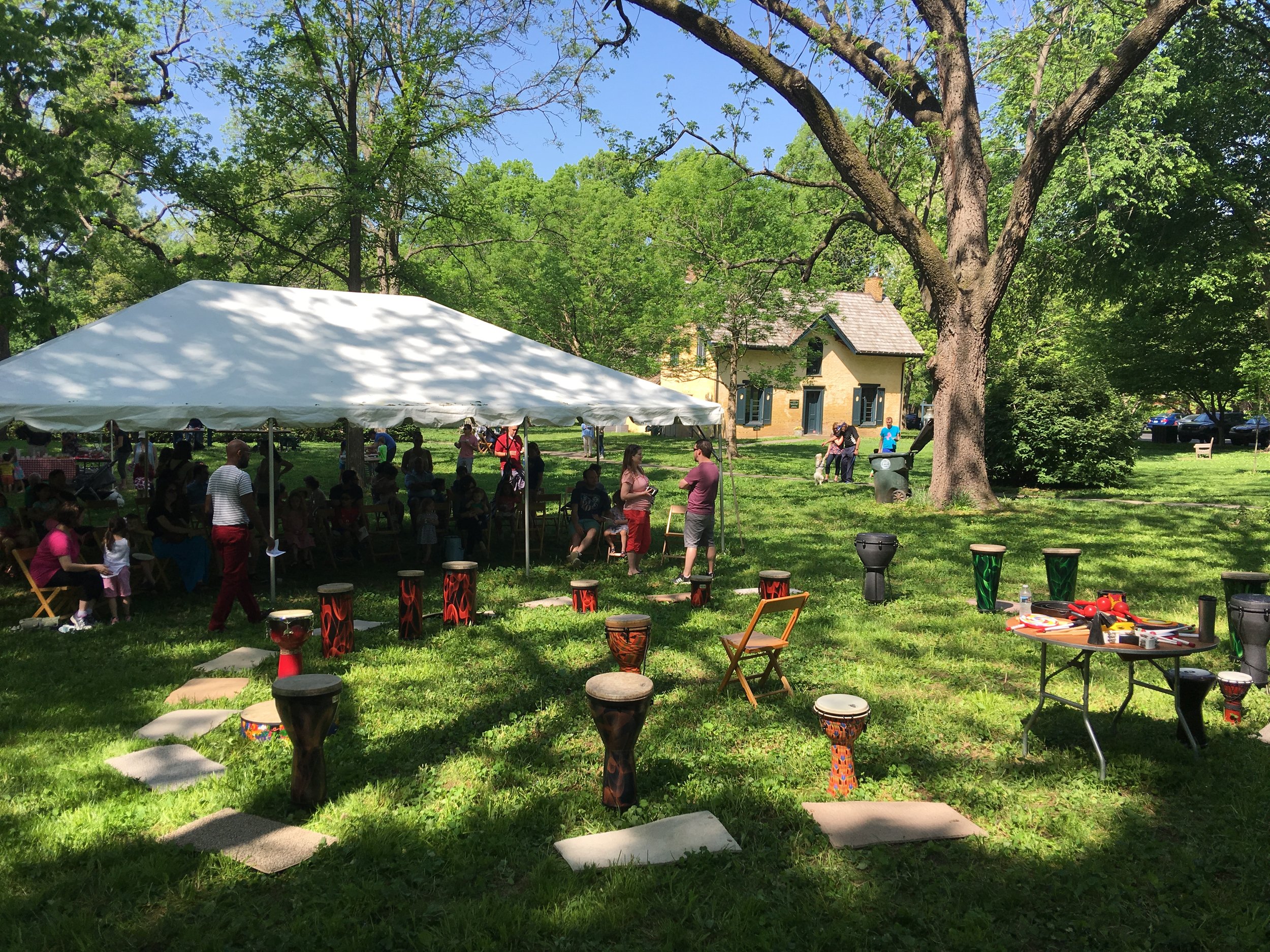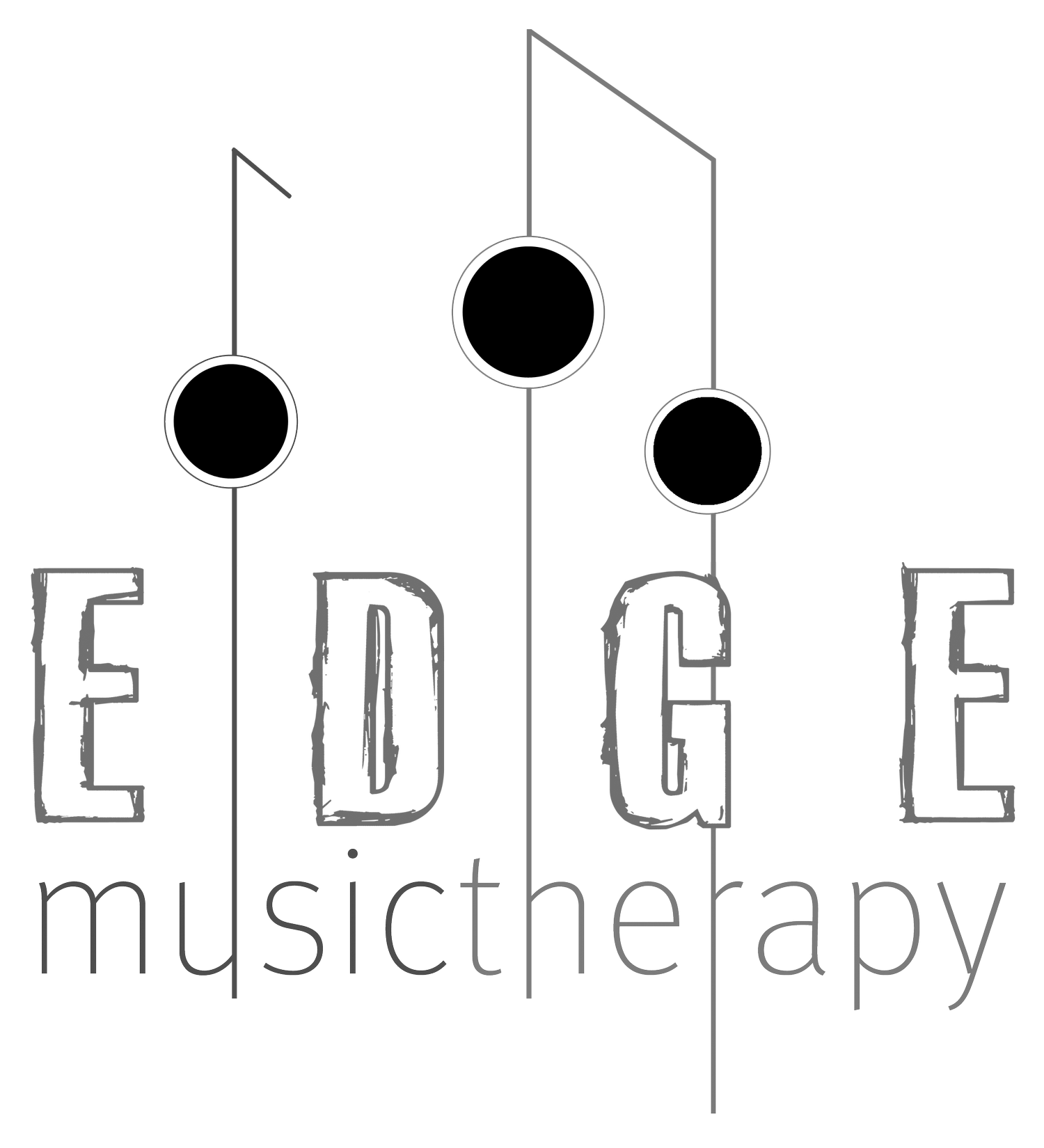
Music therapy is the clinical, evidence-based use of individualized music experiences designed to address client-specific goals, within a therapeutic relationship with a board-certified music therapist.
This may include improving physical, neurological, developmental, cognitive, academic, mental, emotional, social, or spiritual goals such as:
mood and quality of life
emotional expression and processing
coping skills and relaxation
cognitive stimulation and sensory processing
communication and academic goals
developmental and personal growth
general wellness and physical activity
motivation and self-efficacy
anxiety and depression
agitation and pain perception
symptoms of sundowning
resistance to care
sensory sensitivity and nausea
confusion and isolation
But may also include goals that reduce symptoms such as:

From the outside, music therapy may appear fun and like play. It may also be serious through reflection and verbal processing. It may be loud with lots of instruments or quiet in thoughtful relaxation.
You may…
play instruments, sing, or move to music
create music or lyrics, or just listen to favorite songs
participate in music-facilitated relaxation, reminiscence, or life review
engage in therapeutic conversation and verbal processing
